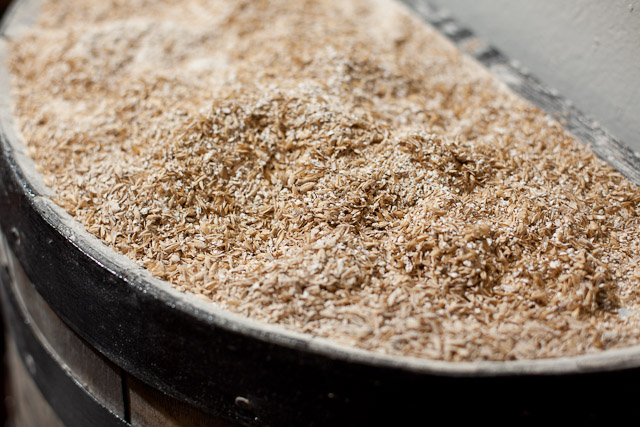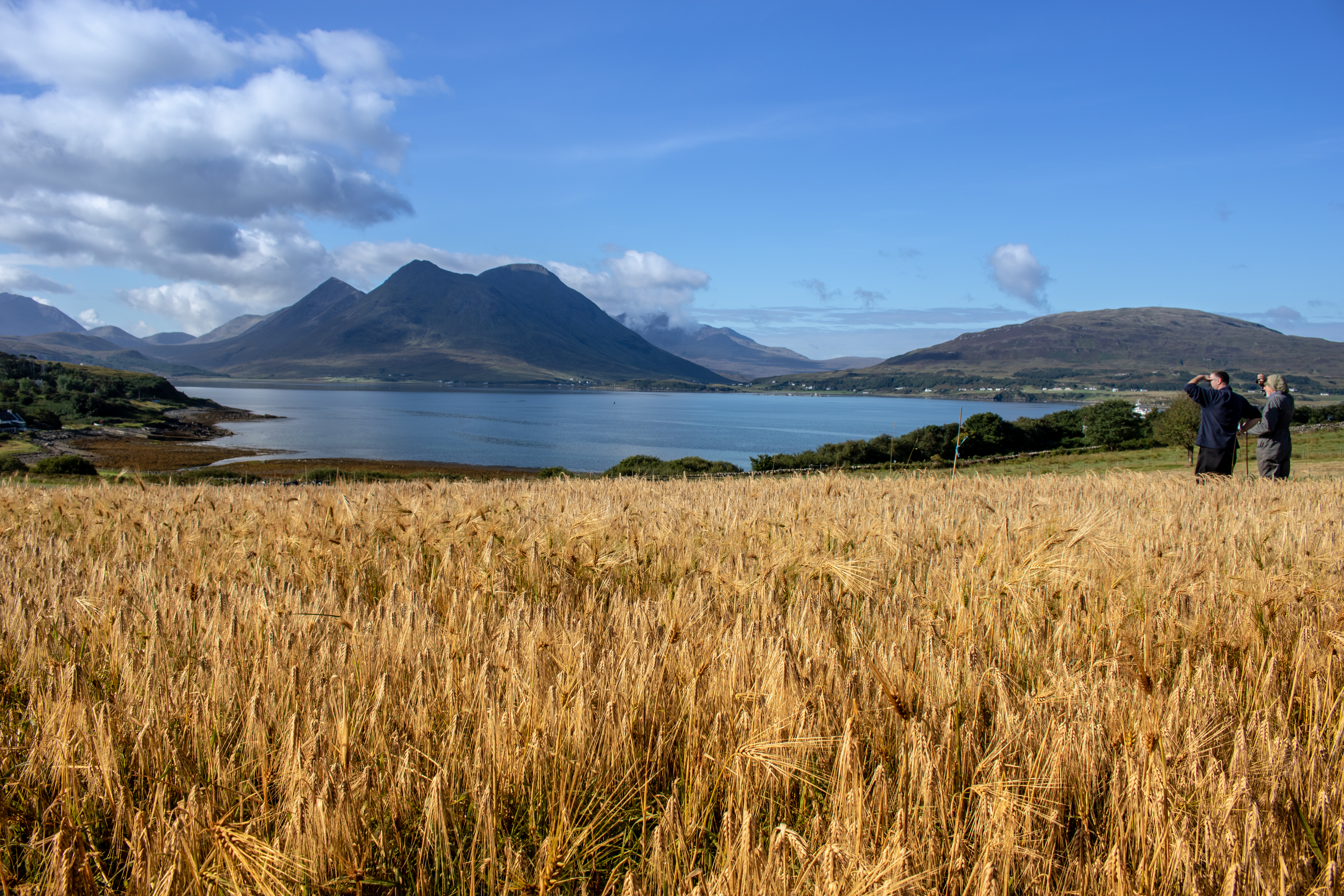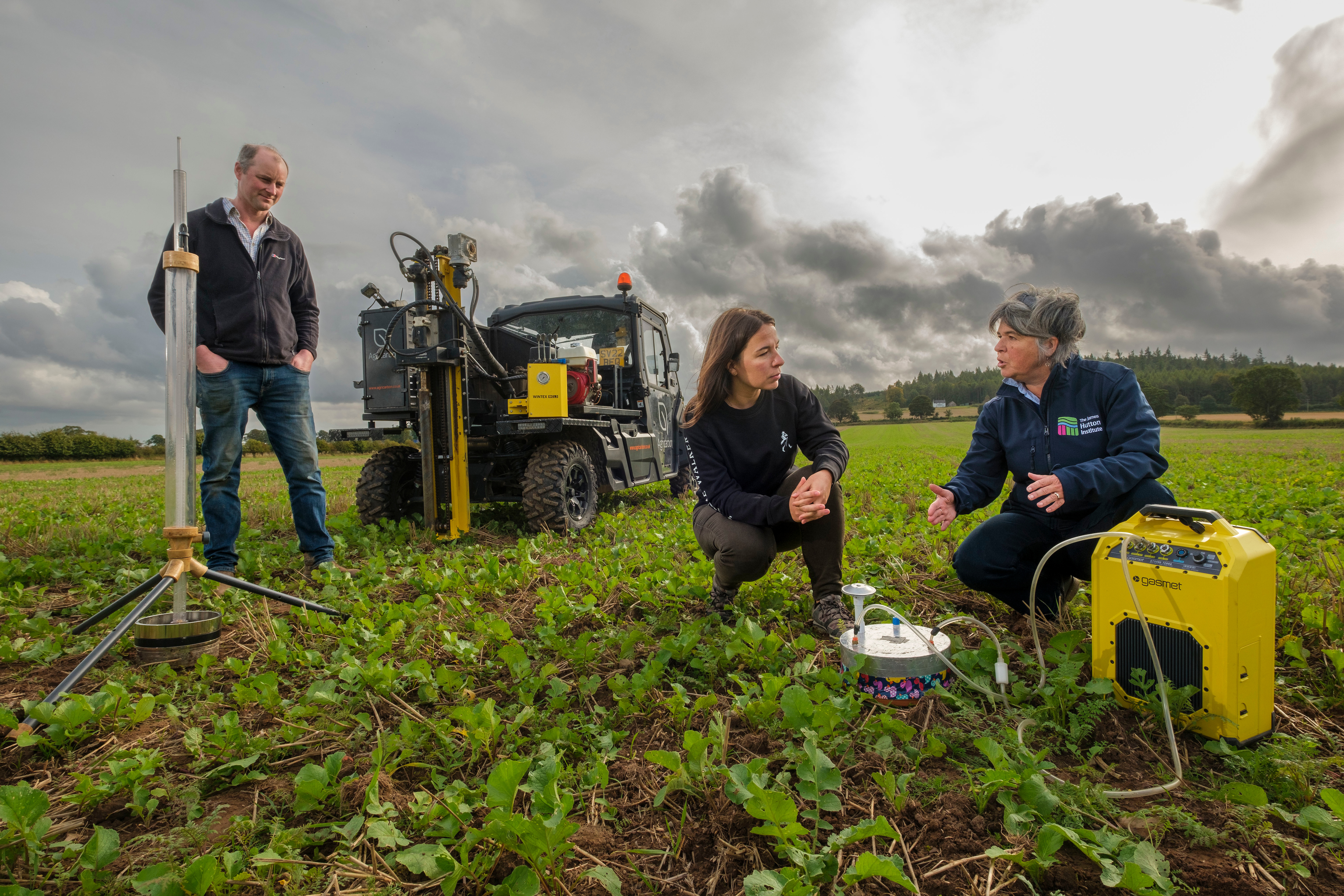Cereals

Scotch Whisky is made from just three natural ingredients: – water, yeast and cereals. Quality cereals are central to the success of Scotch. The industry supports Scottish agriculture that supplies some of the best grain anywhere in the world.
The majority of the industry’s barley and wheat requirements are sourced in Scotland. The Scottish climate lends itself to quality barley production and that, combined with good agronomic practice, makes Scottish barley very attractive to distillers.
The Association maintains strong relationships with the cereals supply chain. We welcome close collaboration on supply trends, demands for Scotch, evolving quality requirements for cereals varieties, industry best-practice and policy developments. We annually publish a Cereals Technical Note to help achieve a common understanding of the importance and use of cereals within the industry.
This collaborative work helps to ensure the supply chain, and especially plant breeders and growers, understand the industry's present needs and the opportunities for growth, not only for Scotch Whisky but for our cereal suppliers.
As a key user of barley in Scotland, the Scotch Whisky industry has a duty to support an effective policy environment and changing farming practices in collaboration with farmers, suppliers and regulators. With the right approach, reducing emissions in cereal production has the added benefit of protecting and enhancing the biodiversity and soil health of arable land, not only reducing emissions but enhancing the environment of our farming landscapes.
As a crucial step in our industry achieving true Net Zero (across Scopes 1 to 3), it is vital that we significantly reduce greenhouse gas emissions from our grain supply chains.
We will work with agricultural partners to explore how we can make sure our barley, and the other cereals we use for producing Scotch Whisky, support our Net Zero ambition and improve environmental management on farms. Agricultural emissions are some of the hardest to reduce, but are important to tackle in our journey to Net Zero. We are collaborating with farmers and maltsters to help find sustainable solutions through research and development, while exploring new technologies and techniques that reduce emissions and improve environmental performance whilst still delivering high quality cereals for use in the malting process.
Alongside farmers across Scotland and NFU Scotland, the SWA looks forward to continuing our work across both of our crucial sectors, to grow sustainably together to meet the challenges and opportunities of the future. From developments like the recent UK-India FTA agreement, which could have significant benefits across the Scotch Whisky industry supply chain over the coming decade and beyond, to scientific partnerships exploring crop quality and emissions, collaboration between our two industries will support the Scottish agriculture that supplies some of the best grain anywhere in the world.
Innovation and Research
The future success of the industry is reliant on a resilient and sustainable Scottish grain supply. Breeding future cereal varieties fit for a new system of farming and the changing climate is key to realising that future. SWA members are supporting cutting edge research for a sustainable malting barley supply chain. The BARIToNE programme is a £3.6Billion BBRC and industry funded seven year programme of PhDs led by the Scotch Whisky Research Institute (SWRI) and the International Barley Hub (The Hutton Institute). SWA members are funding 9 PhDs researching the medium-long term challenge of maintaining a sustainable supply of local high-quality barley, produced using fewer inputs and having fewer environmental impacts


The MAGB supports the publication of the Scotch Whisky Industry Sustainably Strategy 2040 which it considers as ambitious and in line with government targets to achieve net zero carbon emissions. As a major supplier to the scotch whisky industry, the sustainability goals within the malting sector are crucial to helping SWA achieve its targets.
Adrian Dyter, Chairman of The Maltsters’ Association of Great Britain
INDUSTRY & ACADEMIA COLLABORATION: BARIToNE PROJECT
INTRODUCING BARIToNE
Seeking to reduce environmental impacts across all sectors of the barley supply and value chain, the BARIToNE CTP comprises 18 industrial and 7 academic collaborating partners and will fund 42 PhD studentships over 7 years.
The research focus of this CTP is driving down the environmental footprint of primary production while maintaining a sustainable supply of high-quality barley
Dr James Brosnan, Scotch Whisky Research institute, explains. Below, explore three individual PhD projects from Kira Lutter, George Epaku and David Ashworth.
KIRA LUTTER
Moving towards Net-Zero barley production
GEORGE EPAKU
Defining the genetic basis of barley metabolite content to improve nutrient use efficiency, crop quality and resilience with reduced inputs
DAVID ASHWORTH
Can we develop novel algae fertilisers from whisky co-products to produce barley sustainably?
FURTHER CASE STUDIES

news & commentary
SWA Chief Executive addresses the NFUS annual conference
SWA Chief Executive Karen Betts was a speaker at the National Farmers Union of Scotland 2020 Conference. Read the full speech here.
publications
Scotch Whisky Cereals Technical Note: 6th Edition
The sixth edition of the Scotch Whisky Cereals Technical note, published August 2021.
